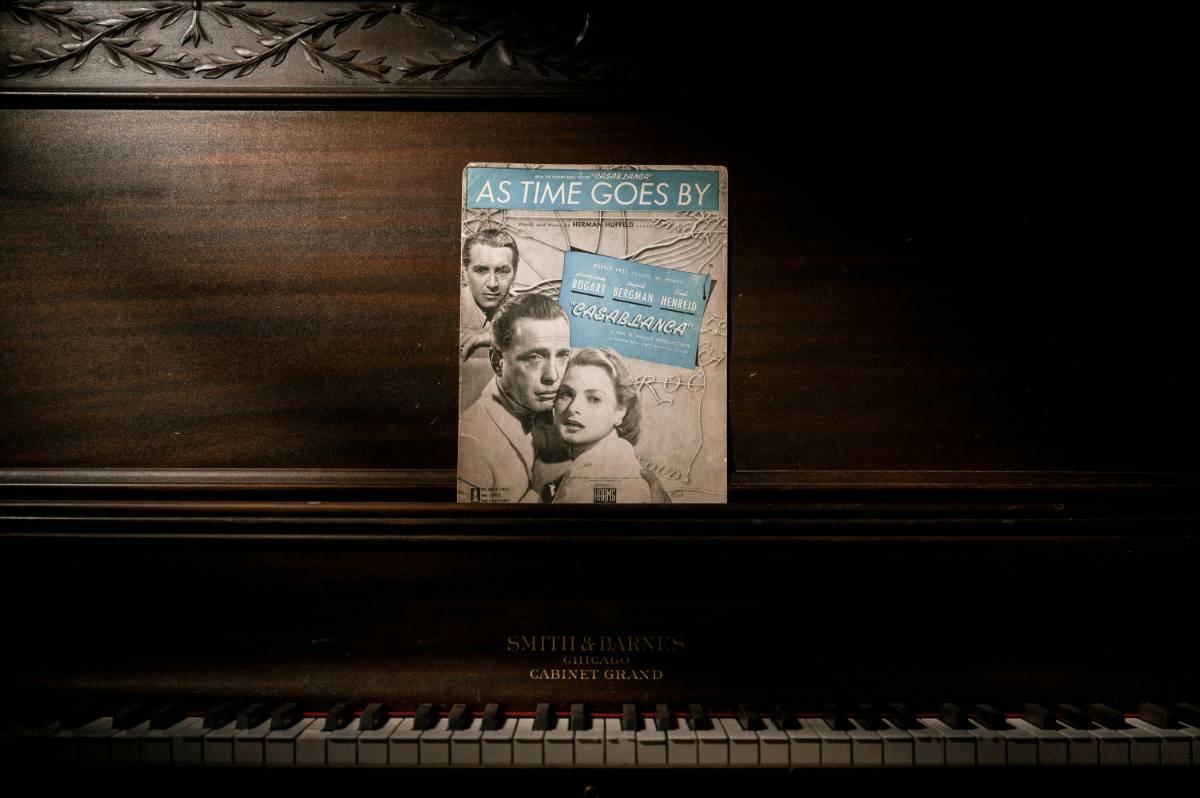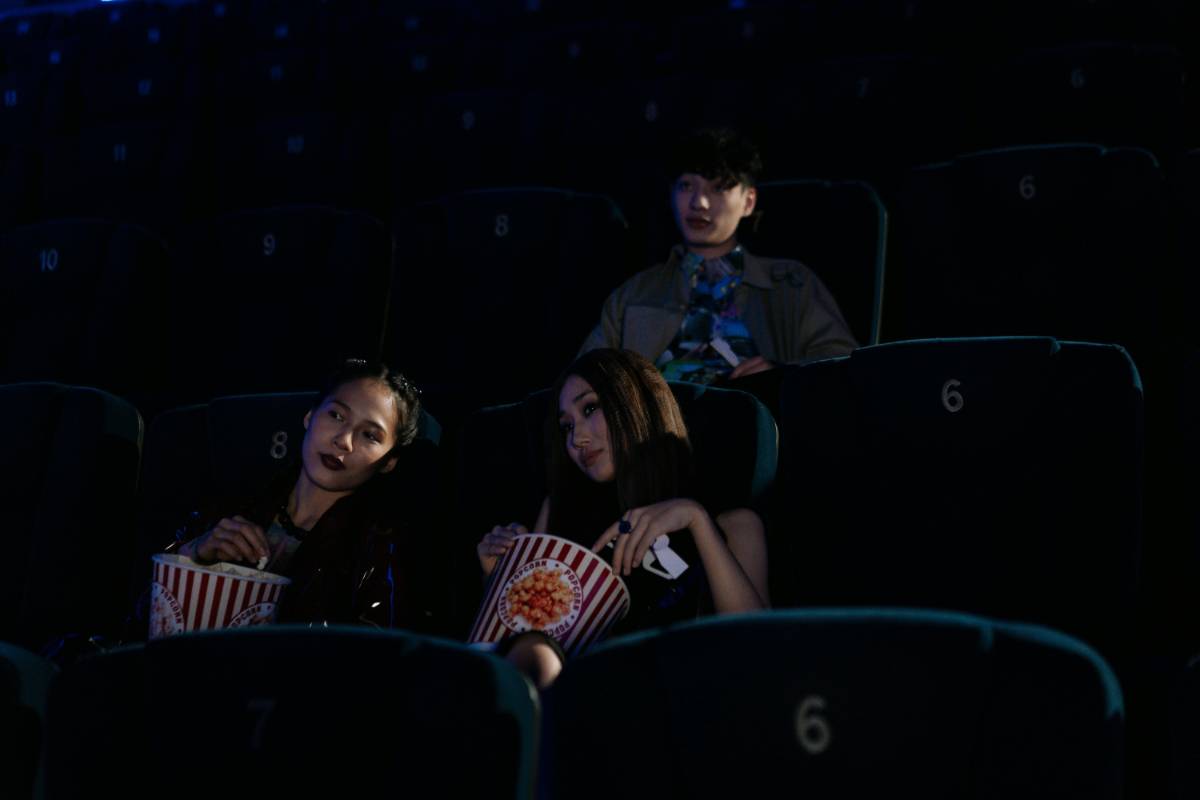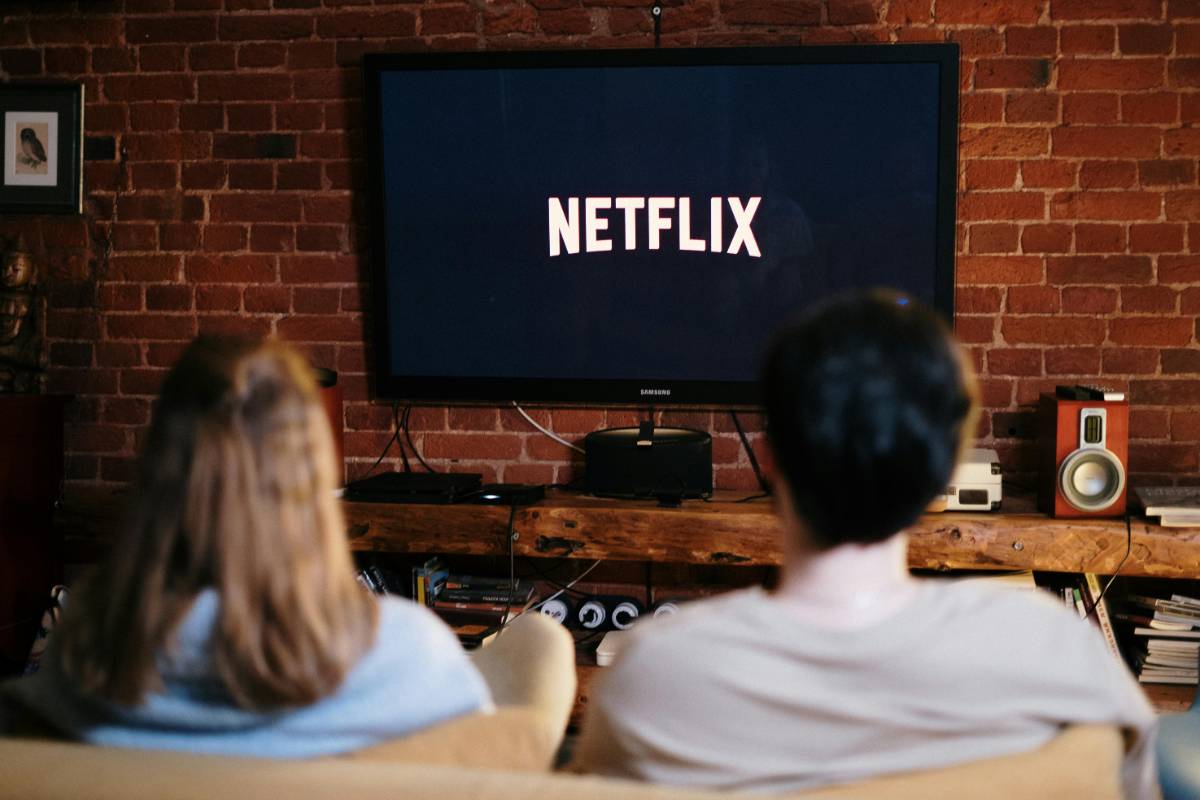Hollywood and Adaptations: Why the Book-to-Movie Trend Never Dies
07 Oct 2025
Read Time: 7 min read

Hollywood has long had a love affair with adaptations, particularly those based on best-selling novels. From classic literature to contemporary bestsellers, the book-to-movie trend remains one of the most enduring practices in Hollywood filmmaking. But what is it about these adaptations that continue to captivate filmmakers, audiences, and critics alike? This article explores the reasons behind Hollywood’s ongoing fascination with book adaptations and why this trend shows no signs of slowing down.
 The Power of the Source Material
The Power of the Source MaterialOne of the main reasons the book-to-movie trend persists is the power of the source material itself. Books, especially those with strong narratives and well-developed characters, often provide a solid foundation for filmmakers to work from. Many novels have intricate plots, deep emotional undertones, and rich world-building, all of which can translate into compelling cinematic experiences.
For example, adaptations like “The Lord of the Rings” trilogy (2001–2003) or “Harry Potter” (2001–2011) capitalized on their established fanbases and the extensive world-building present in the source novels. The books were already beloved by readers, which provided a built-in audience eager to see their favorite stories brought to life on the big screen. In this way, adaptations are a way for studios to tap into an already engaged audience, guaranteeing at least some level of success before the movie even premieres.
Additionally, successful books often have intricate themes and characters that are ripe for cinematic exploration. Filmmakers can reinterpret these elements, bringing a fresh visual dimension to the story that may not have been present in the novel. Through lighting, cinematography, and special effects, a movie can create a new perspective on familiar material, adding depth to the original vision of the book.
The Appeal of FamiliarityIn an era where originality is often difficult to come by, the book-to-movie adaptation offers a sense of familiarity for audiences. Viewers already know the story, the characters, and the themes, which reduces the risk of dissatisfaction. There is a comfort in seeing beloved characters and worlds come to life on screen, particularly when a novel has captured the public’s imagination.
Familiarity also extends to the marketing side of things. Adaptations offer a pre-established fanbase that is ready to support the project. Whether it’s a die-hard group of readers or a casual viewer who has heard about the novel's popularity, the adaptation draws in audiences based on the strength of the source material’s name recognition. This is why studios continue to pursue adaptations of popular books: there is a guaranteed interest in the project even before it’s released.
This trend has extended beyond traditional novels to include graphic novels and comic books, as seen with the success of the Marvel Cinematic Universe (MCU). Films like “The Avengers” (2012) and “Black Panther” (2018) not only captivated comic book fans but also became cultural phenomena, attracting a broader audience of moviegoers who were familiar with the characters from their original comic book form.

The rise of streaming platforms such as Netflix, Amazon Prime, and Hulu has created a new avenue for book-to-movie adaptations. These platforms have heavily invested in turning popular books into limited series or full-length movies, offering a wider variety of adaptations than ever before. Unlike traditional cinema, streaming platforms don’t have to worry as much about box office performance, allowing them to explore a broader range of genres and themes.
Streaming services provide creators with the freedom to take more risks when adapting books. In some cases, series allow for more time to explore the nuances of a story, offering a more faithful adaptation than what might be possible in a two-hour movie. For instance, Netflix’s adaptation of “The Witcher” (2019–present) was able to capture the complexity of Andrzej Sapkowski’s novels and expand on the world in a way that a film would not have been able to. Likewise, Hulu’s adaptation of “The Handmaid’s Tale” (2017–present) not only brought Margaret Atwood’s dystopian novel to life but also gave it a new political relevance that resonated with modern audiences.
Streaming services have also embraced the popularity of book series adaptations, recognizing that longer formats give them more creative freedom. This shift has seen the rise of multiple seasons dedicated to adapting epic fantasy series, young adult novels, and classic literature. The success of these adaptations has proven that the demand for book-based content is not only alive but thriving in new formats.
💡 Discover More from Hollywood
In addition to drawing in large audiences, book-to-movie adaptations also hold the potential for critical acclaim. Some of the most celebrated films in Hollywood history have been adaptations of novels, earning accolades at prestigious award ceremonies like the Academy Awards. The Oscars, in particular, have consistently recognized book-based films for their cinematic achievement.
Movies like “The Godfather” (1972), adapted from Mario Puzo’s novel, and “Schindler’s List” (1993), adapted from Thomas Keneally’s historical account, stand as some of the most highly regarded films in Hollywood. These adaptations not only brought beloved stories to life but also elevated the source material through outstanding filmmaking. The ability of these films to transcend their origins and become major cultural touchstones shows the potential of a great adaptation to capture both popular and critical success.
Even more recently, films like “The Revenant” (2015), based on Michael Punke’s novel, and “The Shape of Water” (2017), inspired by Guillermo del Toro’s own screenplay, have proven that book-to-movie adaptations can continue to deliver award-worthy results. The prospect of critical recognition serves as a powerful motivator for filmmakers to keep adapting books into films, even in the face of changing trends and evolving tastes.
Challenges and Criticism of AdaptationsDespite their continued popularity, book-to-movie adaptations are not without their challenges. One of the most common criticisms is that adaptations often fail to live up to the quality of the original novel. Fans of the book may feel that their favorite scenes or characters were poorly handled in the film, leading to disappointment. Hollywood’s focus on appealing to a broad audience can sometimes result in a watered-down version of the source material, sacrificing depth and complexity for accessibility.
Additionally, some critics argue that the focus on adaptations stifles creativity and originality in Hollywood. With studios investing so much in adapting existing works, some worry that this leaves less room for original storytelling. Filmmakers are often faced with the challenge of balancing staying true to the book while also making necessary changes to ensure the adaptation works on screen. This can be a delicate process, and sometimes the result feels like an incomplete version of the original story.
Despite these challenges, the book-to-movie trend shows no signs of slowing down. Whether through adaptations of literary classics, contemporary novels, or graphic novels, Hollywood continues to rely on the proven appeal of book-based content. For filmmakers, the challenge remains: how to bring these beloved works to life in a way that does justice to the source material while also offering something new to moviegoers.
ConclusionThe book-to-movie trend has endured because it taps into the power of familiar stories, the success of established source material, and the desire for cinematic experiences that can resonate with audiences on a deeper level. Hollywood’s adaptation culture shows no sign of dying, as filmmakers continue to find new ways to bring the pages of books to life. While there will always be criticisms and challenges along the way, the enduring appeal of adaptations guarantees that this trend will continue to be a dominant force in Hollywood for years to come.
Stay Informed
Get the latest and most accurate news delivered straight to your inbox. Subscribe now and never miss an update.

Rahul Sharma
An insightful voice in the industry, crafting content that informs, inspires, and connects with readers.
View all articles →Continue Reading

Travel
How to Make the Most of Business Class Benefits on Your Next Corporate Flight
By David Thompson
02 Oct 2025

Travel
How to Make the Most of Your Corporate Travel Perks – Expert Tips Inside!
By James Carter
31 Aug 2025

Travel
Exploring Indigenous Cultures: Destinations and Responsible Tourism Tips
By Rahul Sharma
20 Sep 2025

Travel
Why Your Corporate Travel Policy May Be Costing You More Than You Think
By David Thompson
18 Sep 2025

Travel
How to Make the Most of Your Airline Miles – Tips from Travel Experts
By Olivia Mitchell
23 Sep 2025












